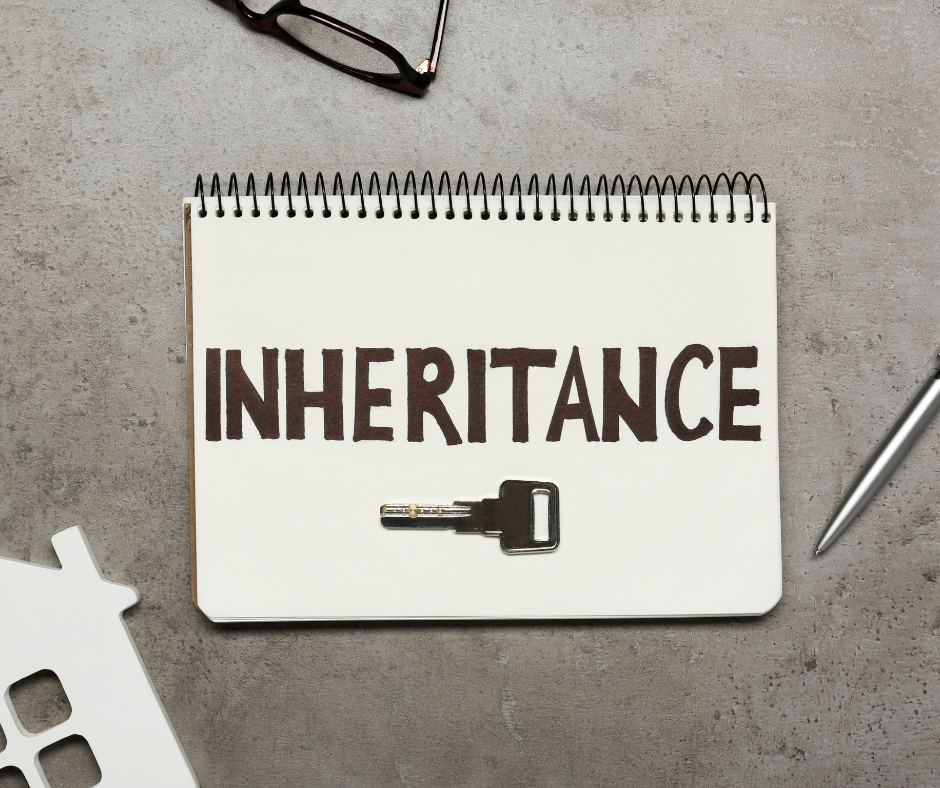
The Trust Register – Do I need to consider it?
23rd August 2023 by Helen Glatter
Unfortunately, you probably do!
The Trust Register was set up to deal with new European Money Laundering Regulations to ensure that HM Revenue & Customs have full knowledge of all those individuals and other bodies who are connected with trusts. It specifically includes all trusts established in writing which, by default, includes all “Will Trusts”.
For example, a Will that leaves “my share in the family home to my spouse for life and then to my children” is a trust which needs to be included on the Register. Parental Bank accounts for children under the age of 18 are specifically excluded, but do need to be entered onto the Register for children over the age of 18 – for example if your child will only inherit a grandparental legacy at the age of 21, the resultant bank account trust will need to be registered between 18 and 21.
A quirk of the legislation means that any estate that is still in the process of being administered more than 24 months after the date of death also needs to be included on the Register as a Bare Trust.
The details required are largely obvious, but may take some time to assemble as it includes the full names and National Insurance Numbers of the settlor, all trustees and beneficiaries. Once this has been assembled you can either complete the registration process yourself, or ask a Legal Adviser to do it for you.
It is important to remember that setting the trust up on the register is not the end of the process. If the trust pays any stamp duty when it buys shares, property or investments, or if it pays income tax, capital gains tax or Inheritance tax, then the register needs to be updated annually. The trustees even need to update the register to confirm that none of the details have changed. If there are changes to the recorded details, such as a change of trustee or the birth of an additional beneficiary then the register needs to be updated within 90 days. You also need to remember to close the trust’s record on the register when the trust is terminated.
Needless to say, the potential penalties for non-compliance may be high, and new trusts should be registered within 90 days of their creation. All trusts established prior to 6 October 2020 needed to have been entered onto the Register before 1 September 2022. To date HM Revenue & Customs have been lenient in their approach to penalties, but this is unlikely to continue.
If you would like any further advice in relation to the registration of a trust please contact Helen Glatter on h.glatter@laceyssolicitors.co.uk or another member of the Wills, Probate, Trusts and Tax team on 01202 377984 and we will be happy to help.

